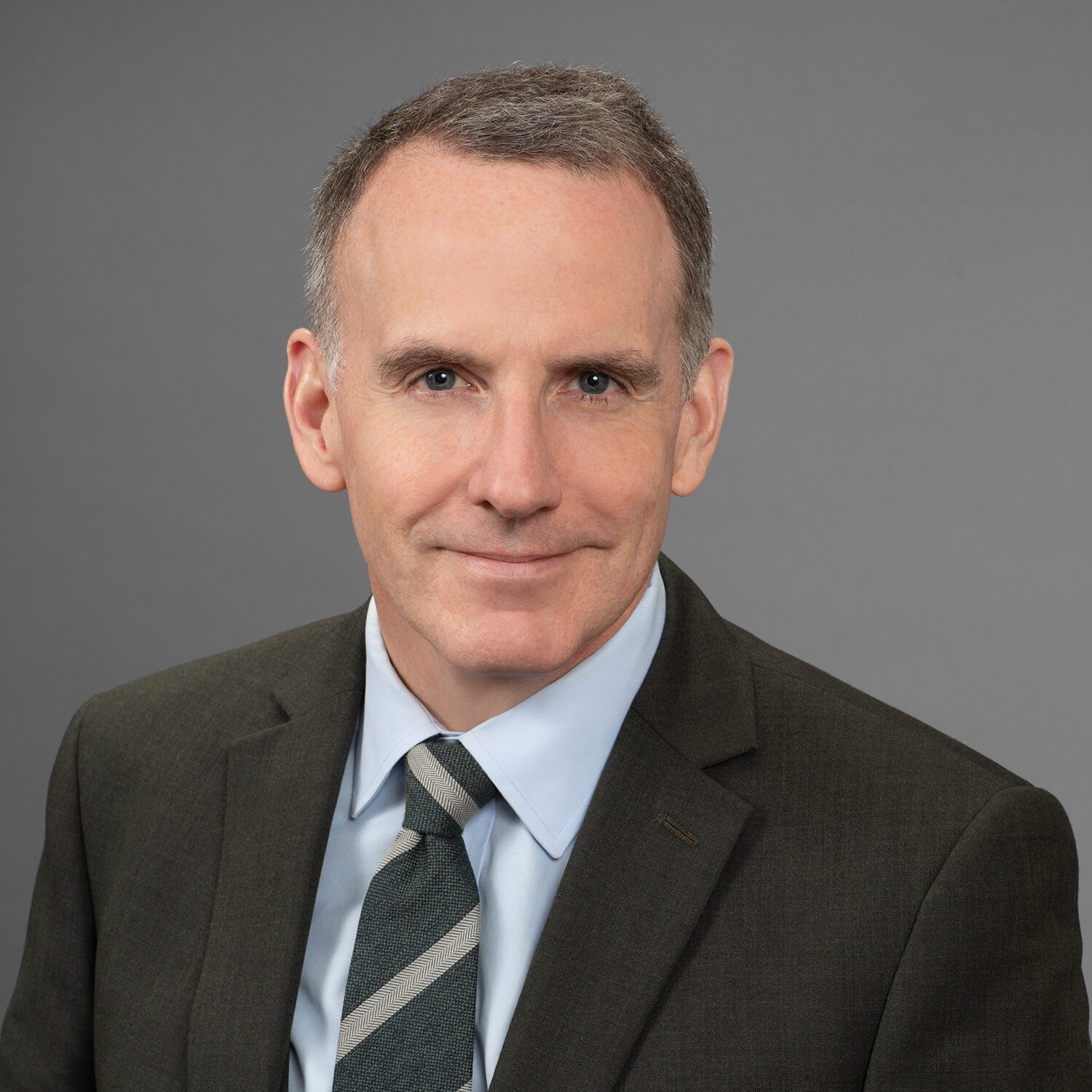
The Social Science Research Council (SSRC) is proud to announce that Edward Glaeser is the recipient of the 2022 Albert O. Hirschman Prize, the Council’s highest honor.
The Hirschman Prize is awarded to scholars who have made outstanding contributions to international, interdisciplinary social science research, theory, and public communication.
About the 2022 Hirschman Prize Laureate
Edward Glaeser, the Fred and Eleanor Glimp Professor of Economics and Chairman of the Department of Economics at Harvard University, has been a central figure in urban economics for almost 30 years. Among his many contributions, Professor Glaeser has changed the way researchers and policymakers understand the role of cities, and has modernized understandings of the ways in which cities bring workers and employers together, how face-to-face interactions raise productivity, and how density of businesses leads to greater efficiencies and economies of scale.
His early work, starting with his 1992 paper, “Growth in Cities,” showed how cities’ overreliance on one or a few industries can lead to decline, while having an abundance of small firms leads to growth. This led to an understanding of the economic risks of one-industry towns, which motivated new policies to increase cities’ economic diversity, such as New York’s Roosevelt Island applied sciences campus. His insights on the value of clusters of small firms have led to policies that encourage entrepreneurship, such as Boston’s Innovation District. His 1995 paper, “Economic Growth in a Cross-Section of Cities,” showed the importance of education and skills to a city’s economic success, and also that workers in cities command a higher wage because of the additional skills they’ve accumulated from living in cities.
Two of his important contributions are on the forefront of policy discussions today. The first is that housing density drives the value of living in cities, and excessive zoning regulations make housing unaffordable to many. The second is the importance of face-to-face work, and the insight that electronic communication is a complement rather than a substitute for in-person communication. Professor Glaeser continues to make contributions to our understanding of cities around current issues such as the Covid-19 pandemic, crime, and affordable housing.
Professor Glaeser’s 14 books and over 150 journal articles have been cited over 106,000 times. He is well-known among colleagues for his attention to students, and is active in policy circles around the world on creating urban policies that improve well-being. In the tradition of A.O. Hirschman, his exemplary scholarship draws from multiple disciplines and directly influences policy to improve human welfare.